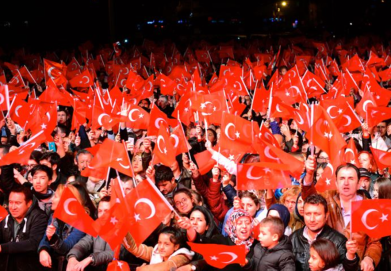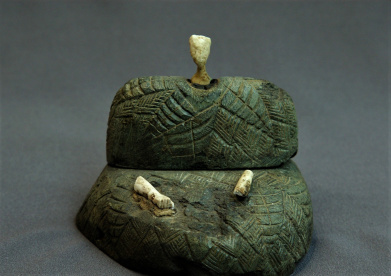The heritage of society is a true and successful path to its modernization: impressions of a trip to China
29.11.2023 | 14:55 |Not long ago, as part of the Turkmen delegation, I was lucky enough to go on a ten-day business trip to the People's Republic of China. The organizers of the event, the Chinese Association for Peace and Disarmament, having invited leading analysts and experts from the region, set themselves the task of clearly demonstrating their own model of state modernization.
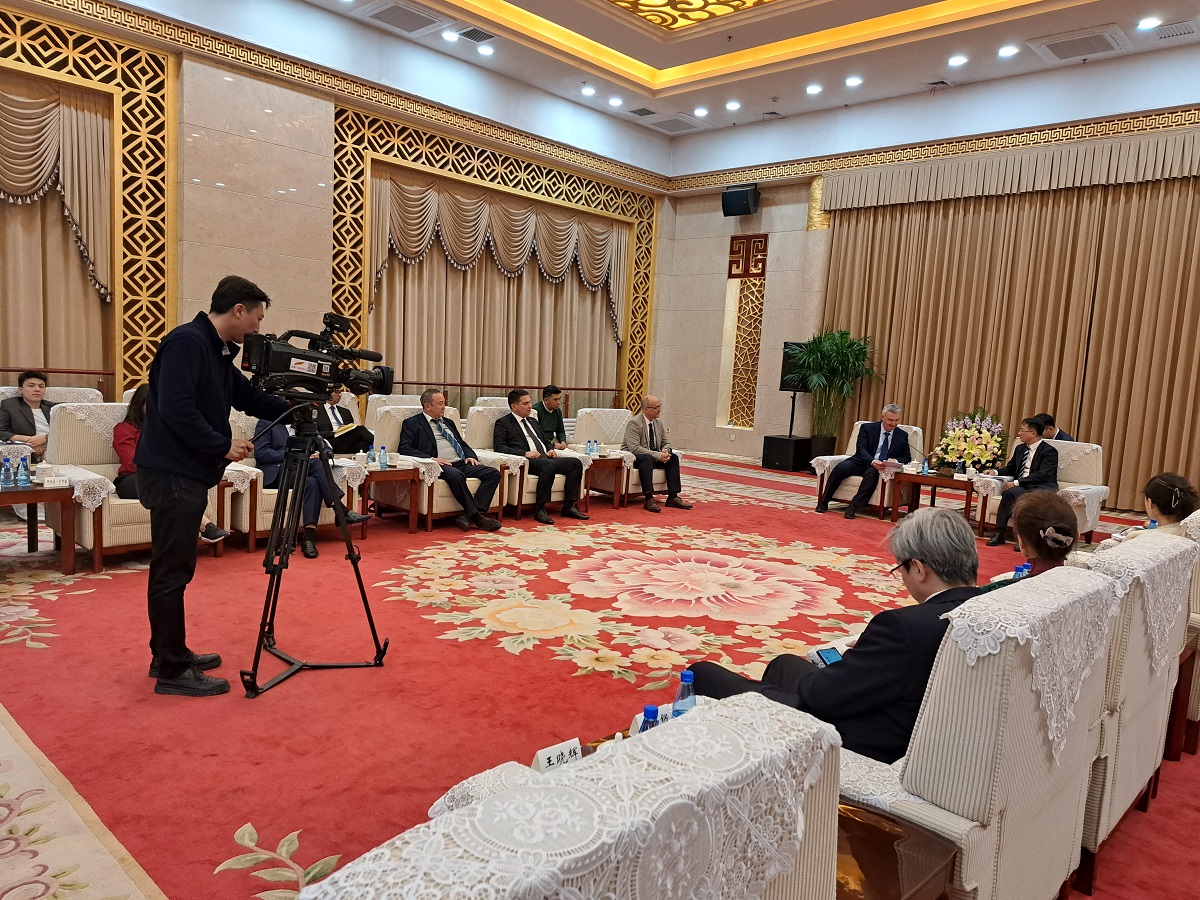
The best way to do this was to organize an exchange of views with fellow analysts and experts from friendly Central Asian states. And, of course, only in competent, reasoned dialogues could one hear other opinions, which, according to the organizers, would contribute to the further development of the economy and the country as a whole. It’s not for nothing that they say “you know better from the outside.” And, looking ahead, I must say that in the end, this is exactly what happened.
Having clearly demonstrated the successes of the Chinese economy, achievements in the socio-cultural and humanitarian development of society, the initiators received a lot of positive feedback from social activists, as well as additional “tips”, which they immediately took note of. On the other hand, this approach of the initiators of the event could not help but encourage experts to have open conversations and discussions.
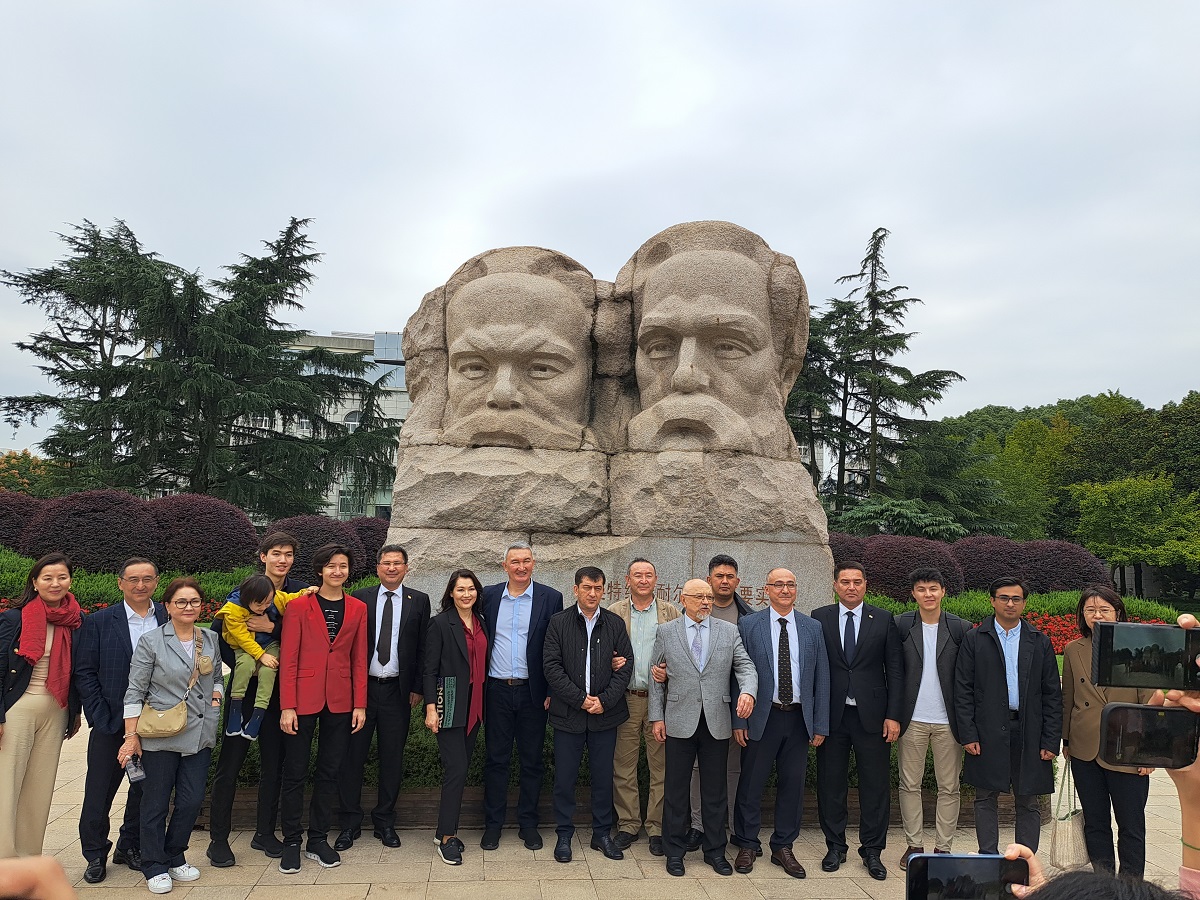
Turkmenistan was represented at this serious expert level on issues of modernization of society by employees of the Scientific Center for Strategic Studies of the Institute of International Relations of the Ministry of Foreign Affairs of the country. Despite the short period of its existence, the center and its employees, with their scientific forecasts, calculations and generalizations, managed to establish themselves on the positive side in various aspects of regional policy. Obviously, this is precisely what explained the invitation of our specialists to the forum of experts on modernization aspects of social development.
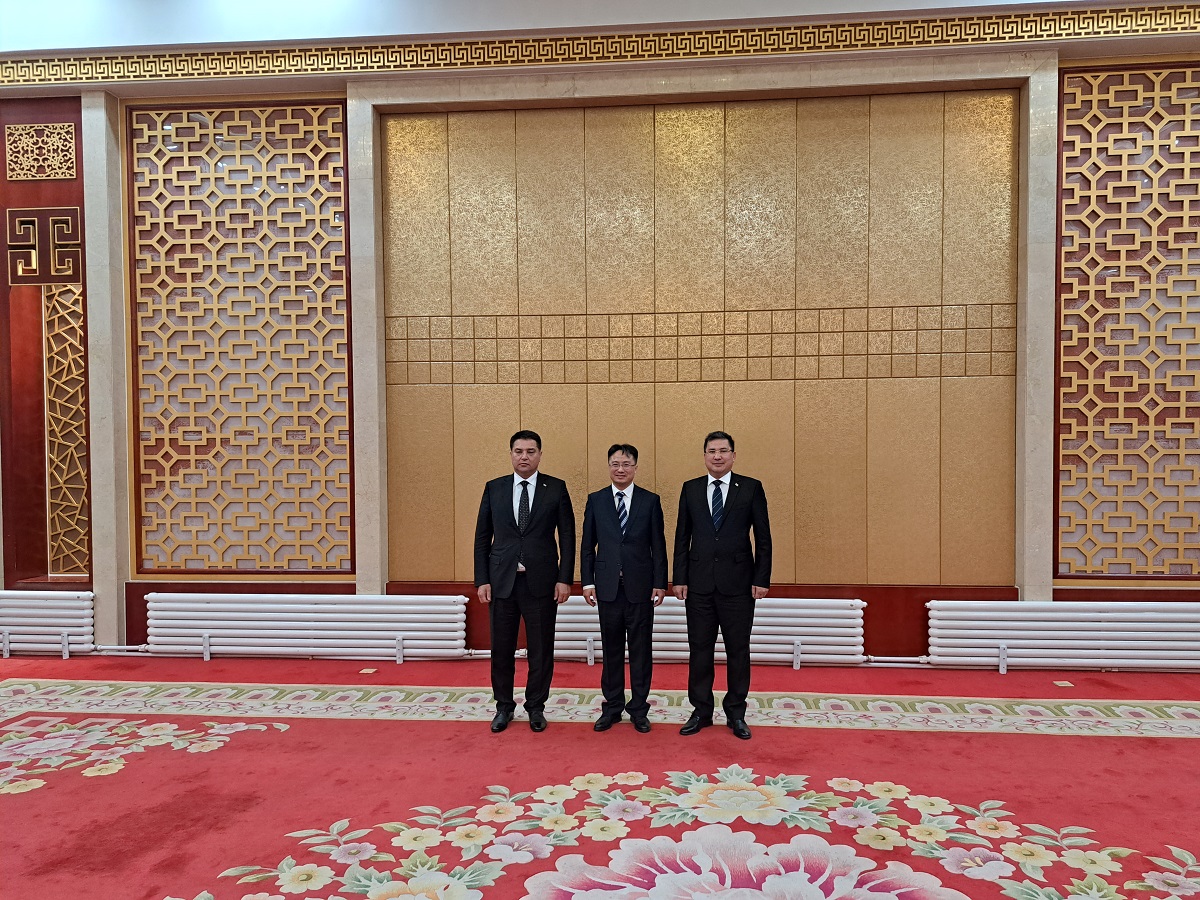
In accordance with the program of stay in the PRC, we and our colleagues, political scientists and experts from the Central Asian republics, visited Beijing, Shanghai, Yining, Khorgos and Urumqi. And our meetings and conversations began with a visit to the Chinese Federation for the Support and Marketing of Cooperatives, where we heard reports on the importance of these very structures and elements for the PRC economy.
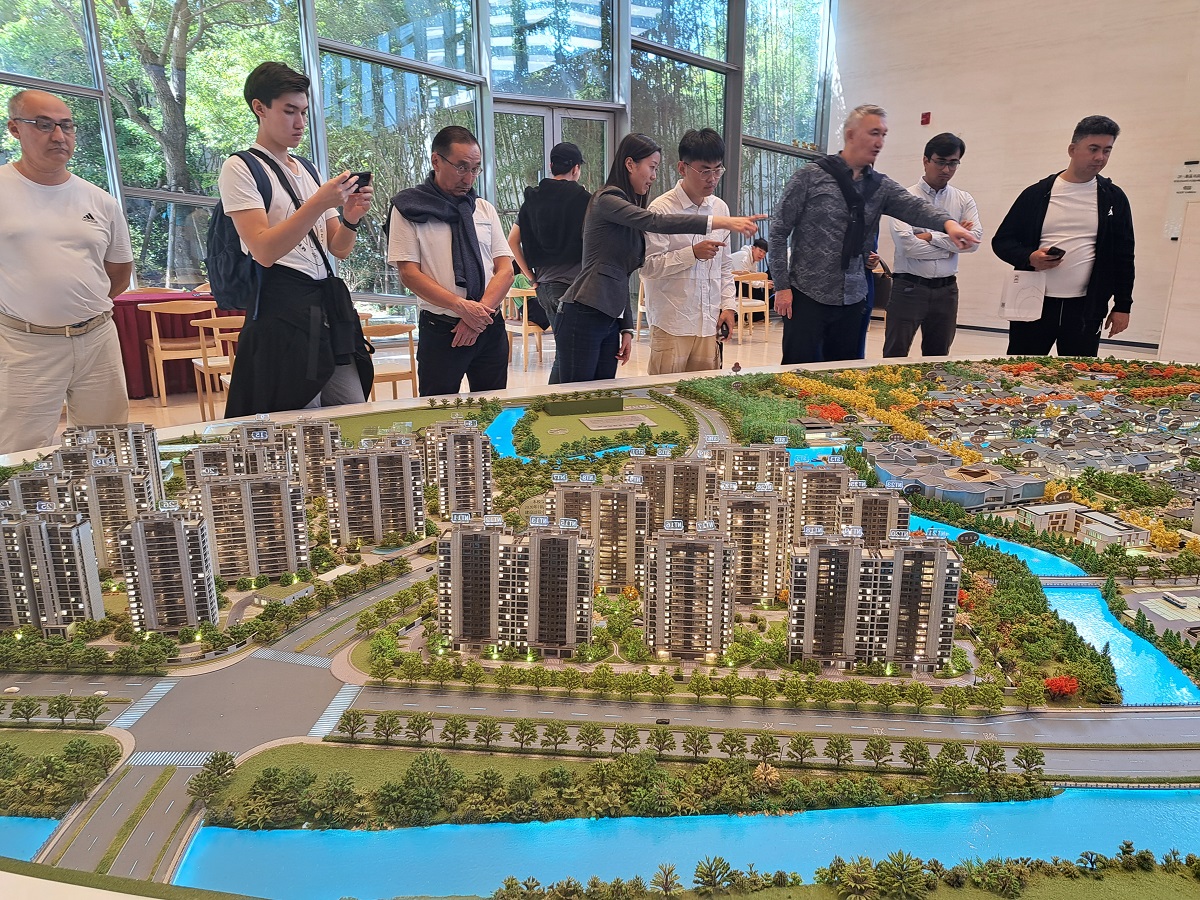
It would not be superfluous to note here that specialists in the Central Asian region found the problems of developing the cooperative movement and marketing issues familiar from the first years of independence in the development of market relations in their countries. It is probably no coincidence that after this, during a meeting with director of the Chinese Center for Economic Cooperation, Yang Sung, he stopped in detail and spoke in his speech about the features and successes of the development of the PRC economy at the present stage, based, among other things, on significant contribution to this cooperative movement.
As planned by the organizers, at the meeting with the participation of Vice- President of the Association for Peace and Disarmament, Mr. Yu Hongjun, and Deputy Director General of the Association, Ms. Cheng Xiaohan, general discussions took place related to the development and interaction of the economies of the countries of the Central Asian region and China.
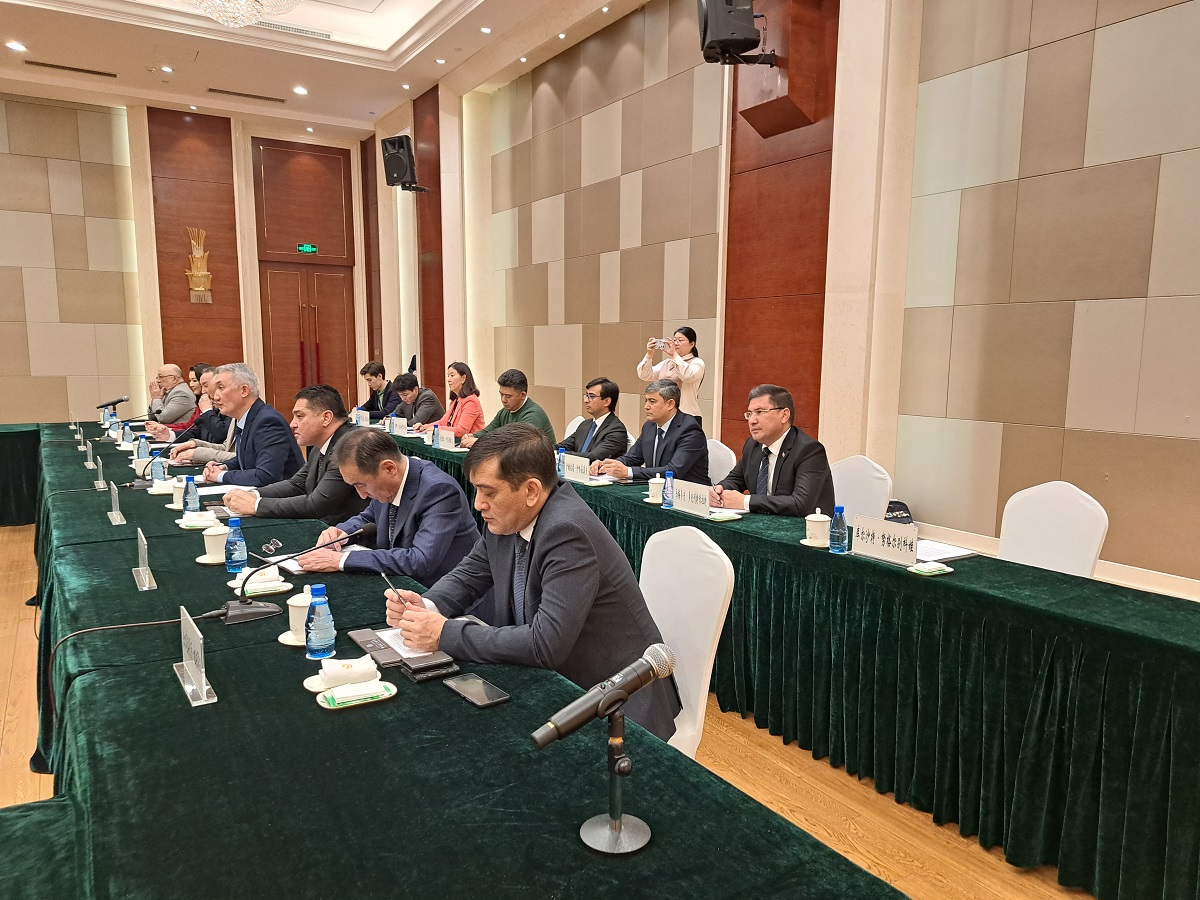
We discussed and touched upon issues of energy, agriculture, trade and transport and communication relations. We, in turn, in our speeches at the meeting focused the attention of the audience on the potential and advantages of Turkmenistan in the fuel and energy, transport and logistics, and humanitarian and cultural capabilities of the country.
We also had something to take note from these discussions. The economic development model of the PRC is distinguished by the fact that it is largely focused on industrial exports. At various levels, the development of the economy is significantly influenced by the participation of the state. Specially created economic zones also make a positive contribution in this regard. And, of course, it was almost unanimously noted that for successful economic development it is necessary to maintain an environment of stability in the country.
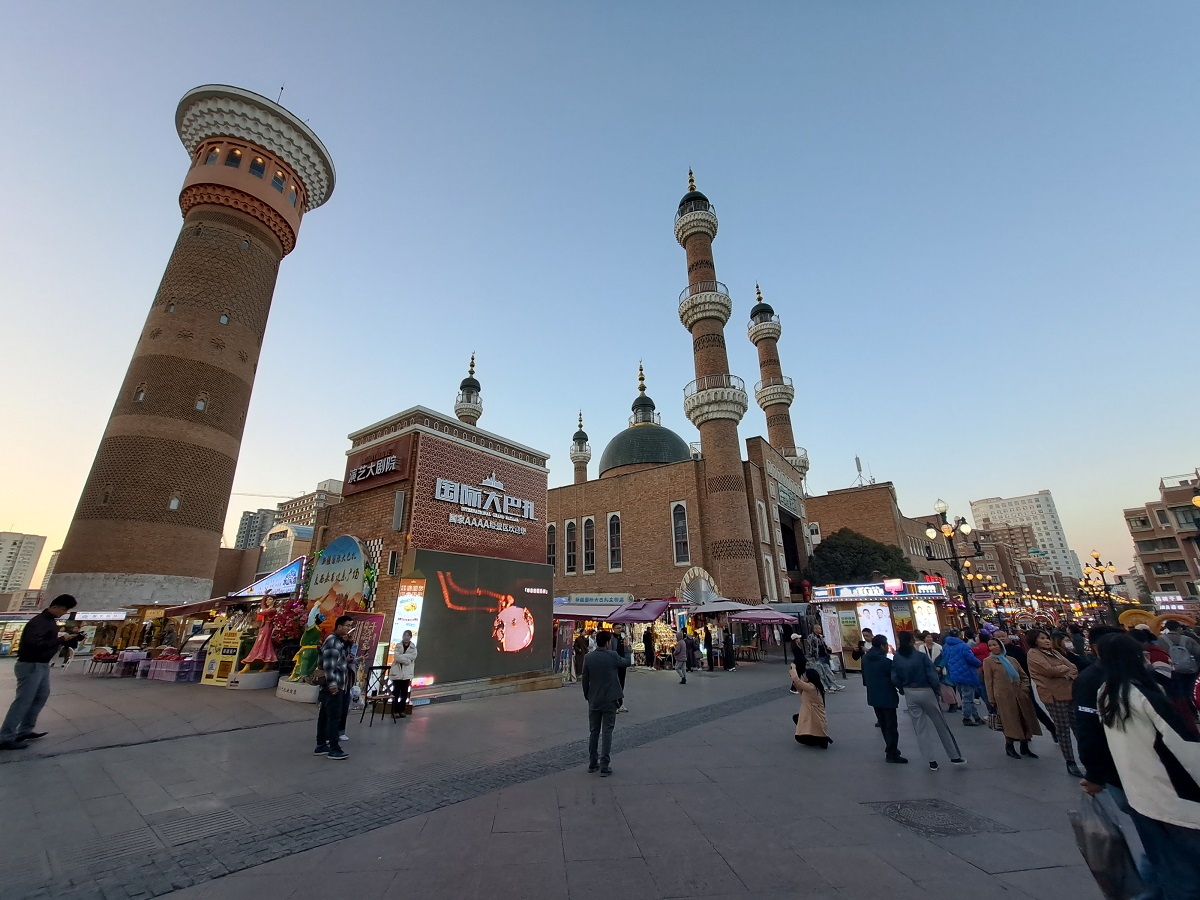
It is well known that no matter how ideal any project is, its successful implementation also depends on who undertakes its implementation. This postulate was especially emphasized during a meeting at the Shanghai Administrative Institute, where a conversation with the heads of the administration and the faculty of the university took place. Here we were talking about training the necessary highly qualified personnel for the implementation of targeted and planned projects on a large scale, including on a state scale. The hosts of the event expressed a proposal of readiness to establish close relations with similar educational institutions and academies of the countries of the Central Asian region.
It became obvious and clear that the stage-by-stage system built by the Chinese at the state level is aimed at comprehensively taking into account the factors influencing the development of the country’s economy. As a practical example of the effectiveness and benefit of organizing free trade zones, the hosts of the event showed such an area to Central Asian experts in the Chinese-Kazakh border area in the city of Khorgos in the Xinjiang Uyghur Autonomous Region of the People's Republic of China.
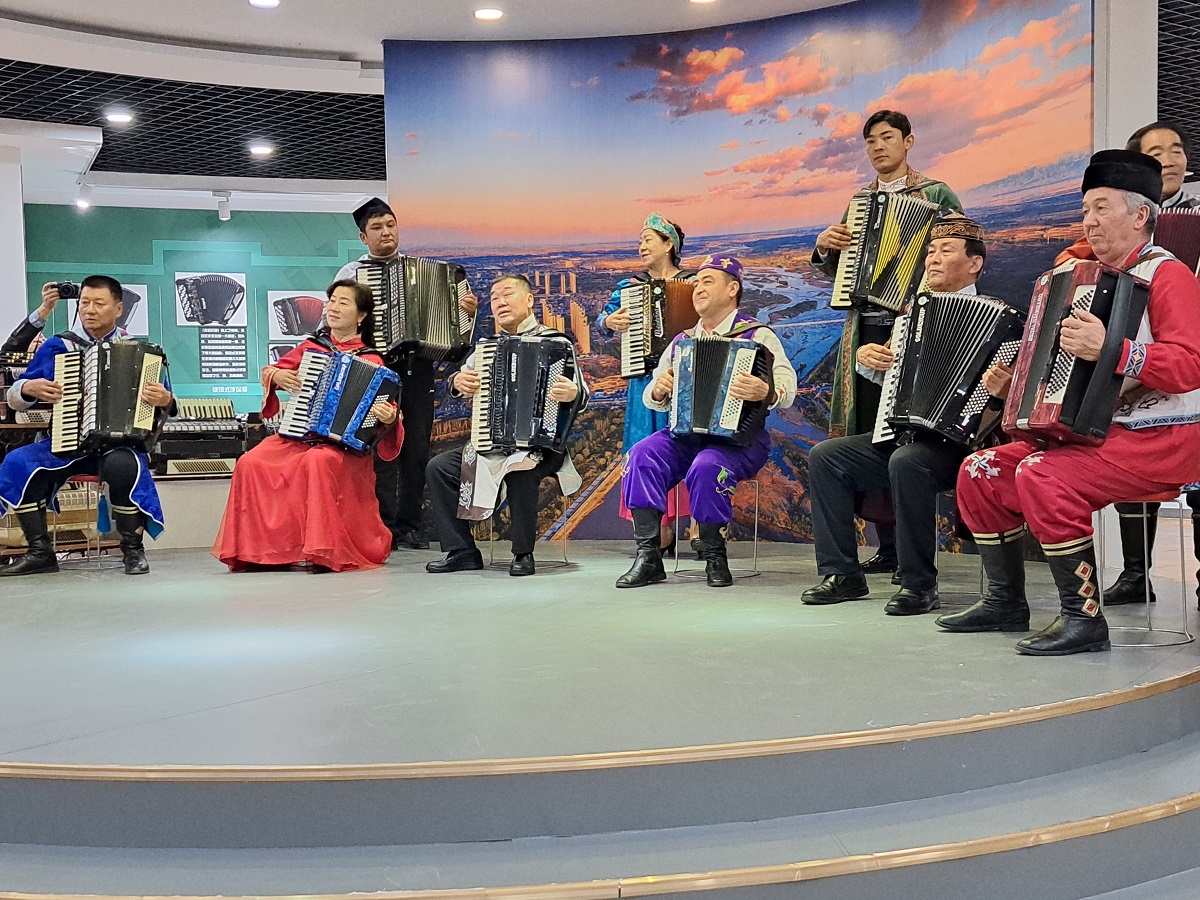
It was also pleasant and useful that the work of the forum during our stay in the PRC was almost everywhere accompanied by cultural events that demonstrated the national characteristics, life and culture of the multinational population of the PRC.
At the end of our stay in China, it became clear that leading countries, including China, by sharing their experience with us, are setting an example for learning. It is also clear that the modernization of any state and its economy takes a variety of forms, is carried out according to a variety of models and in a variety of modes. The choice of a particular country’s development path is largely determined by its past and rich heritage, the significance of which seems to be extremely diverse.
Dovletmyrat Mammedov, Employee of the Scientific Centre for Strategic Studies of the Institute of International Relations of the MFA of Turkmenistan


